To promote his new drama series about Aids in the early 1980s, Russell T. Davies insisted in an interview that gay characters should be played only by actors who are actually gay.
This was maddening for a number of reasons, starting with blatant hypocrisy. One of the things that made Davies’s Queer As Folk so watchable was Aidan Gillen’s mesmerising performance as the smirking, predatory, cocksure queen of the Mancunian gay scene Stuart Alan Jones. It was the making of Gillen, who went on to star as Petyr ‘Littlefinger’ Baelish in Game of Thrones. But Gillen, who has a girlfriend and two children, almost certainly fails Davies’s gay authenticity test.
Nor is it healthy for the thespian trade in general. In ancient Greek drama, actors were known as ‘hypokrites’, since when it has been accepted by everyone, apart from a minority of demented social justice activists, that the job of acting involves pretending to be something you are not. ‘You wouldn’t cast someone able-bodied and put them in a wheelchair,’ says Davies, warming to his idiot theme. Maybe, in honour of this fatuous dictum, we should retrospectively cancel the Oscar that Daniel Day-Lewis won for My Left Foot.
Thirdly, it detracts from the actual drama Davies’s mischievous, fogey-goading remarks were trying to promote, It’s a Sin. Not only will it have put off lots of people who might otherwise have watched the series and enjoyed it. But it also breaks the fourth wall by tacitly encouraging the viewer to conflate the cast with the characters they’re playing. It’s reminiscent of the Harry and Paul sketch where two old buffers sit in their gentleman’s club deciding which public figures are and aren’t ‘queah’. Knowing in this case that all the actors are ‘queah’ distractingly draws attention to something that should, properly, be irrelevant.
All that said, It’s a Sin — just like Queer As Folk — is hugely entertaining. If you’re not gay it will make you wish you were gay — or at least that you had been gay in those riotous, libidinous years before Aids struck. There’s a moment in the second episode where Jill (charmingly played by Lydia West) asks her rampantly promiscuous male circle whether it’s really necessary for them to have sex with one another all the time. They look at her like she’s completely bonkers: why wouldn’t you?
The answer, as Jill fears because she’s done her research, is that there’s a scary new thing called Grid (‘Gay Related Immune Deficiency’) on the horizon. She has watched one of the group’s peripheral figures, nicknamed Gloria, go down with it, but the rest of the gang — bright, outgoing Ritchie (Olly Alexander), shy Welsh boy Colin (Callum Scott Howells), extravagantly camp Nigerian Roscoe (Omari Douglas) — aren’t too worried because a) at 34, Gloria was so hideously old they never went near his bottom, and b) this Grid thing is best ignored because it’s a remote thing which will never happen to them.
I haven’t yet got to the Rude Awakening stage of the drama, so I’m not yet sure which of the characters will tragically cop it. Though Aids was not, by Great Plague or even Spanish flu standards, a massive killer — even at its peak in the 1990s, the UK death toll was about 1900 a year — what made it so truly horrible were its disproportionate effects on a discrete community of happy-go-lucky men in the prime of their life. This is partly what makes it such fertile material for dramatists such as Tony (Angels in America) Kushner, Larry (The Normal Heart) Kramer and now Davies. It’s the peacetime equivalent of the trench setting in Journey’s End: lovely chaps, so much to live for, all basically doomed.
Despite that, there’s little of the cloying mawkishness that threatened to ruin Davies’s Doctor Who scripts, the Christmas specials especially. It doesn’t feel worthy. You’re rarely hectored. Mainly it’s just Davies, doing what he does best — writing about what he knows, creating a cast of likeable, well-drawn characters, with snappy dialogue and engaging storylines. Even the gay sex scenes — of which there are many — aren’t too awkward, largely because they’re played more for laughs than for eroticism. There’s buggery, blow jobs and threesomes aplenty but, unlike in real sex, which tends to require seriousness and concentration, the participants always wear a huge grin, and quite often converse banteringly throughout.
The soundtrack is a glorious nostalgia trip — everything from Joy Division’s ‘Love Will Tear Us Apart’ to the much darker side of the 1980s we prefer to forget, the cheesy pop classical medley Hooked On Classics. And the look and feel and sound of the era is mostly just right (the young cast appear to have been well briefed that back in the day nobody spoke with that irksome inflection where every sentence sounds like a question) but for one small detail: it’s set in London but was filmed in Manchester — and no way does Manchester resemble London.
Got something to add? Join the discussion and comment below.
Get 10 issues for just $10
Subscribe to The Spectator Australia today for the next 10 magazine issues, plus full online access, for just $10.
You might disagree with half of it, but you’ll enjoy reading all of it. Try your first month for free, then just $2 a week for the remainder of your first year.


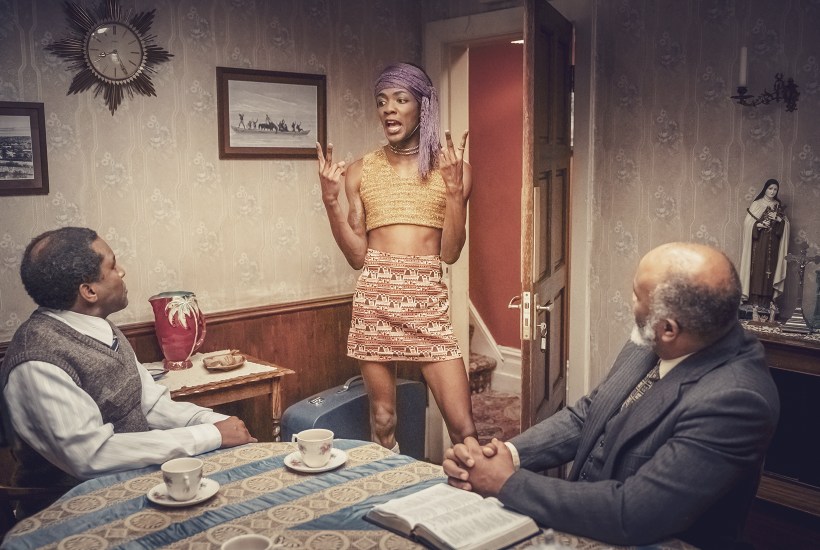
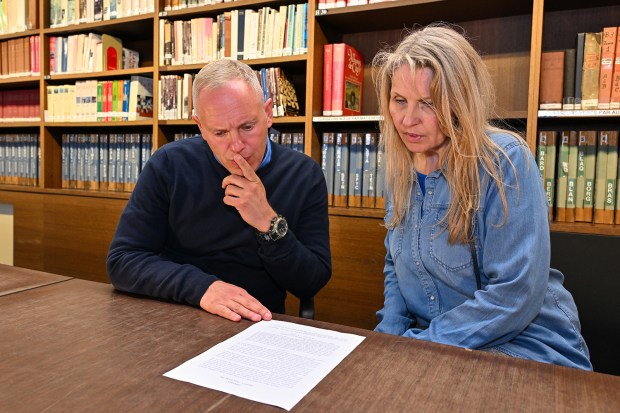
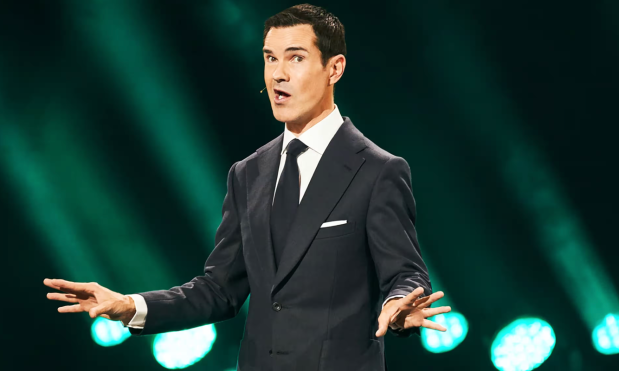

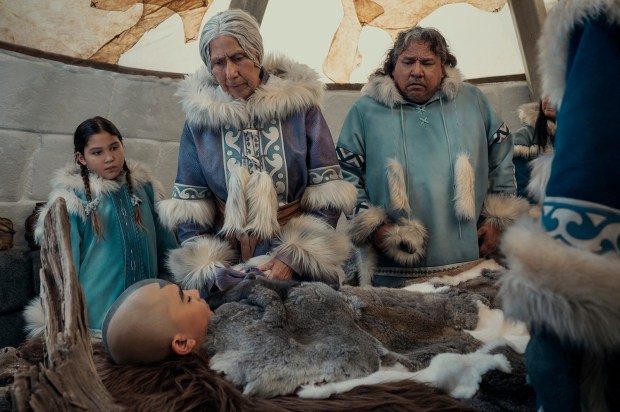
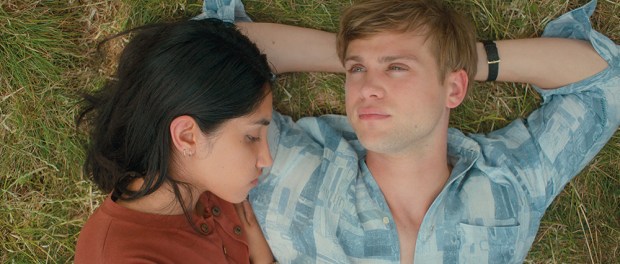







Comments
Don't miss out
Join the conversation with other Spectator Australia readers. Subscribe to leave a comment.
SUBSCRIBEAlready a subscriber? Log in